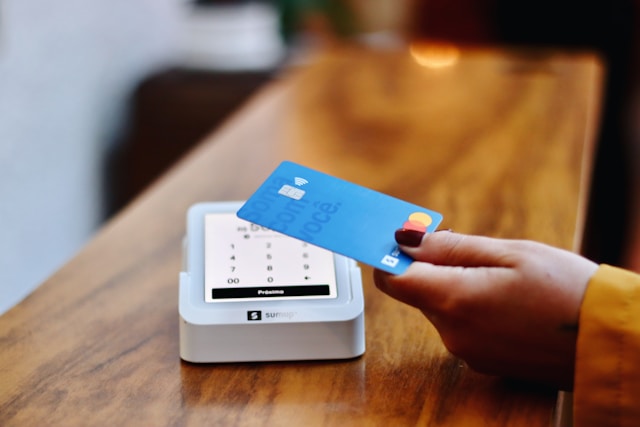Adulting often feels like a juggling act. You’re managing bills, savings, and responsibilities, while also trying to make room for the things that keep you sane like shopping, travel, or that occasional indulgence. It can feel overwhelming, but you can find balance and achieve financial stability with the right strategies. Start with these steps:
LEARN TO ALLOCATE
Budgeting is the cornerstone of financial stability. One effective strategy is the 50-30-20 rule, which suggests allocating:
a. 50% of your monthly income to fixed expenses, like housing, transportation, and subscriptions.
b. 30% to flexible spending, such as shopping, bag charm collections, and leisure activities.
c. 20% to savings or financial goals, creating a cushion for emergencies.
This formula isn’t one-size-fits-all. Feel free to tweak it based on your priorities and responsibilities. The key is to give every peso or dollar a purpose.
TRACK YOUR SPENDING
Ever wonder where your money disappears? Keeping a detailed record of your expenses can be eye-opening. Apps, spreadsheets, or even a good old notebook can help you identify spending habits and areas where you can cut back.
A practical tip: Some people swear by having a bank account without online access as it requires more effort to withdraw money, which might discourage impulsive spending.
EDUCATE YOURSELF FINANCIALLY
Knowledge is power, especially when it comes to personal finance. Start by reading books or articles from reputable sources like Money Digest or the Government’s MoneySENSE. These resources break down complex topics into simple, actionable advice.

Image Credits: unsplash.com
If you’re ready to take it up a notch, consult financial professionals like planners or accountants. And remember, stay firm on your goals. Don’t let anyone pressure you into overspending, whether it’s a significant other or friends planning extravagant trips.
BUILD AN EMERGENCY FUND
You’ve heard it before: “Save for a rainy day.” But how? Allocate a percentage of your income to a contingency fund. This could be in a savings account or investments that allow your money to grow. Even small, consistent contributions can build a significant safety net over time.
SAVE FOR RETIREMENT NOW
It’s never too early to think about your future. Thanks to the power of compound interest, starting your retirement fund in your 20s can set you up for a comfortable future. The earlier you start, the more your savings will grow, with interest building on both the principal and the interest already earned.
INVEST IN YOURSELF
Before diving into stocks or real estate, focus on the most valuable investment: you. Whether it’s pursuing a degree, learning new skills, or taking courses unrelated to your job, self-improvement pays off in the long run.
Employers value well-rounded individuals who demonstrate ambition and a commitment to growth. Explore free or low-cost learning platforms like the Singapore University of Social Sciences or SkillsFuture Singapore.
ADOPT A HEALTHY FINANCIAL MINDSET
Financial stability isn’t just about numbers as it’s about mindset. Create a lifestyle that’s both enjoyable and sustainable. Learn to view money not as the goal but as a tool to achieve your dreams.
As Melissa Olson, AVP and Wealth RPS Education Coordinator at Johnson Financial Group, puts it:
“Adopting a healthy money mindset involves more than just managing your finances—it’s about creating a sustainable lifestyle that aligns with your financial capabilities and future aspirations.”
By living within your means and developing a strong savings plan, you’re setting yourself up for a lifetime of options and freedom.

Image Credits: unsplash.com
Budget wisely, educate yourself, and never stop investing in your future. The road to financial stability starts with small, intentional steps. Take yours today!









